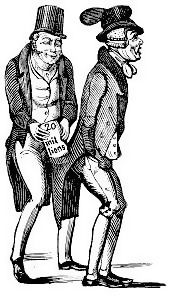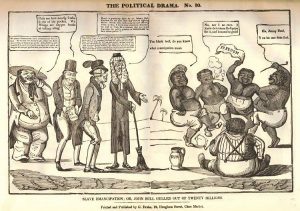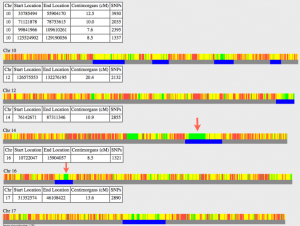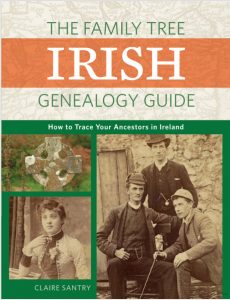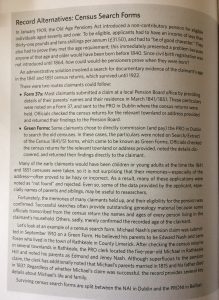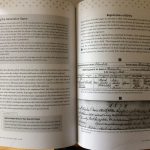A while back, I was a guest on a radio programme and a listener texted in a plea. She was adopted, she said, and she couldn’t uncover her birth mother’s name. “Please help me to find out who I am”, were the exact words.
On one level, this is absurd: I don’t know her circumstances, but she almost certainly leads a normal life, coping (or not coping) with all the joys and worries of work and money and immediate family in exactly the same way as someone who does know their birth mother’s name. She is who she is, in other words, as we all are.
But of course I’m being disingenuous. I knew exactly what she was asking and why it carried such a resonant pang of loss. At the centre of everyone’s network of allegiances, to tribe, parish, country , race, lies the family, and embedded ineradicably in the very notion of family is the need for a blood connection. Unfair and irrational this may be, but it is very old. For most of the existence of the human race, the only dependable guarantee of safety has been blood kinship.
 None of this is much help to that listener. The uncomfortable fact is that researching adoptions can be extremely difficult. The vast majority took place in order to hide illegitimacy. Finding records of people who tried to leave no official traces, who didn’t want to be found, demands levels of persistence and resourcefulness well beyond the ordinary. But the sheer intensity of that need to know remains extraordinary.
None of this is much help to that listener. The uncomfortable fact is that researching adoptions can be extremely difficult. The vast majority took place in order to hide illegitimacy. Finding records of people who tried to leave no official traces, who didn’t want to be found, demands levels of persistence and resourcefulness well beyond the ordinary. But the sheer intensity of that need to know remains extraordinary.
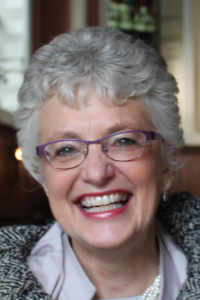
The Irish state is finally recognising the needs of adoptees and giving them legal rights to trace their birth families. Minister for Children and Youth Affairs Katherine Zappone’s wonderful ‘Adoption (Information and Tracing) Bill 2016‘ formalises the record-keeping obligations of adoption agencies and the tracing services they need.
Two state agencies already offer tracing assistance of sorts. The Adoption Authority of Ireland offers free personalised assistance, while TUSLA, the Child and Family Agency, is actively archiving and making available records from the local religious adoption agencies that were the norm until very recently. The Natural Parents Network of Ireland provides support for parents of children. who were adopted.




